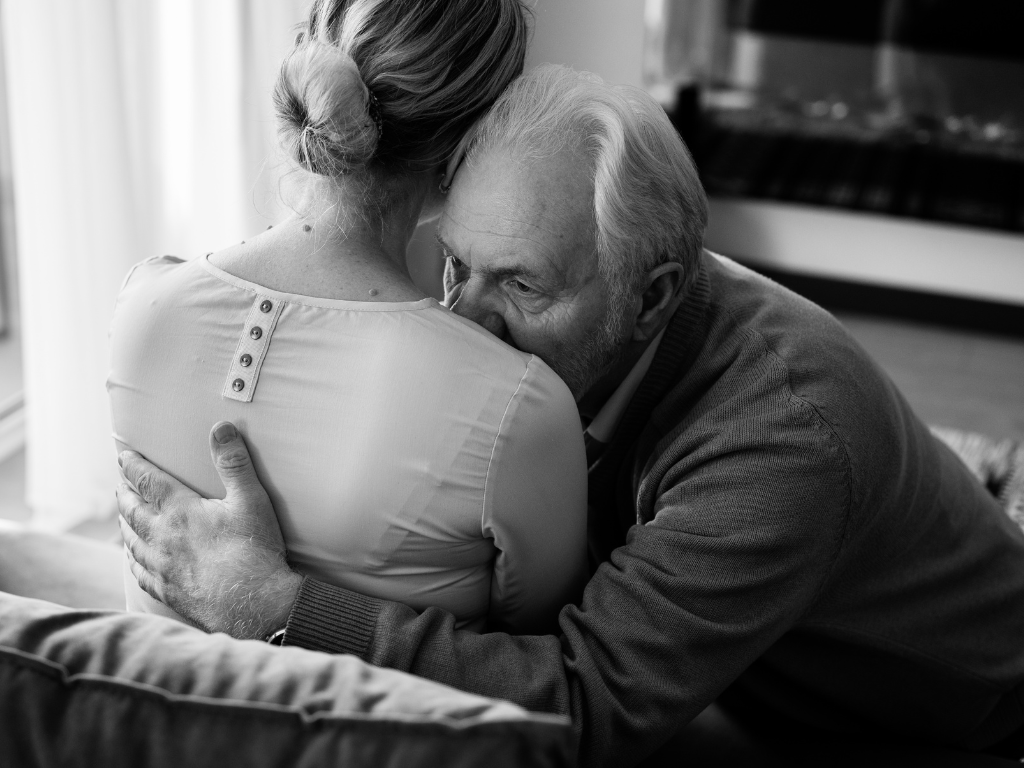
Grief and loss are natural and universal experiences, yet they can be particularly challenging in later life when we face the loss of loved ones, physical abilities, or independence. In this article, we will explore the unique aspects of dealing with grief and loss as a senior and provide guidance on how to navigate these emotional challenges.
Grief and Loss in Later Life:
- Loss of Loved Ones: Seniors often face the loss of spouses, friends, or family members, which can be especially difficult when the social circle narrows with age.
- Physical Health Decline: Coping with the limitations of aging, declining health, and chronic conditions can be a profound experience of loss.
- Independence: Loss of independence, whether due to physical or cognitive decline, can be emotionally distressing.
- Life Transitions: Retirement, relocation, or changes in living arrangements can bring about a sense of loss as one adjusts to a new way of life.
Coping with Grief and Loss:
- Acknowledge Your Feelings: Allow yourself to feel the pain, sadness, and anger associated with grief. It’s essential to acknowledge your emotions and not suppress them.
- Seek Support: Reach out to friends, family, or support groups to share your feelings and experiences. Talking to someone who understands can be incredibly comforting.
- Professional Help: If grief becomes overwhelming and affects your daily life, consider seeking help from a therapist or counselor experienced in grief counseling.
- Maintain Routines: Try to maintain regular daily routines and engage in activities you enjoy. Keeping busy can help distract from the intensity of grief.
- Physical Health: Prioritize your physical health through regular exercise, a balanced diet, and adequate sleep. A healthy body can better cope with emotional challenges.
- Spiritual Support: Seek comfort in your spiritual or religious beliefs. Engaging with your faith community can provide solace.
- Journaling: Writing down your thoughts and feelings in a journal can be a therapeutic way to process grief.
- Memorialization: Create a memorial or tribute to your loved one to celebrate their life and keep their memory alive.
- Self-compassion: Be kind and patient with yourself. Grief is a personal journey, and it’s essential to allow yourself the time needed for healing.
- Volunteering: Helping others in need can provide a sense of purpose and fulfillment, which can be particularly beneficial in later life.
Caring for Your Mental Health:
- Practice Mindfulness: Engage in mindfulness meditation, which can help you stay present and manage distressing thoughts.
- Stay Connected: Maintain social connections and friendships to combat isolation and loneliness.
- Avoid Self-Isolation: Grief can lead to self-imposed isolation, but it’s crucial to continue engaging with the world.
- Positive Focus: Redirect your thoughts toward positive memories and gratitude for the time you had with your loved ones.
Grief and loss are natural parts of life, and they can be particularly challenging in later years. By acknowledging your feelings, seeking support, and caring for your mental health, you can navigate the complex emotions associated with grief and loss and find a path toward healing and acceptance.

